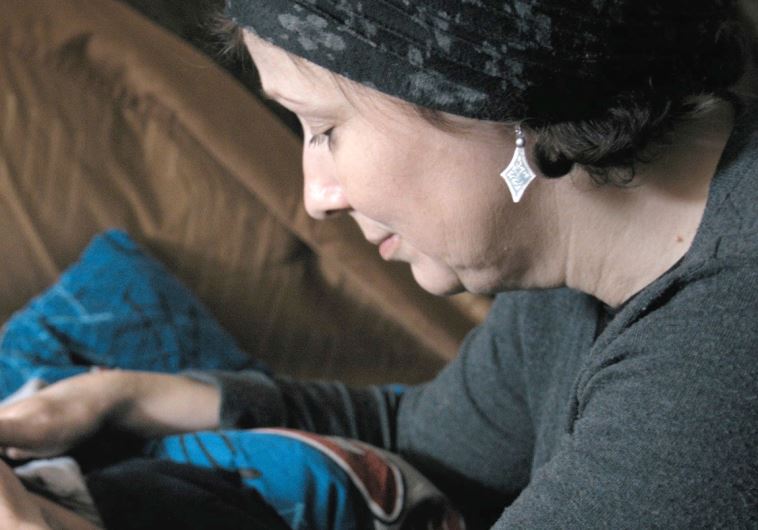Portrait of an assassin's wife
'Beyond the Fear'shows how Larisa Trembovler overcame both the objections of people around her and her own fears marrying Yigal Amir.
 Larisa Trembovler: A ‘soul mate’ of Yigal Amir, the killer of Yitzhak Rabin.(photo credit: COURTESY ‘BEYOND THE FEAR')
Larisa Trembovler: A ‘soul mate’ of Yigal Amir, the killer of Yitzhak Rabin.(photo credit: COURTESY ‘BEYOND THE FEAR')